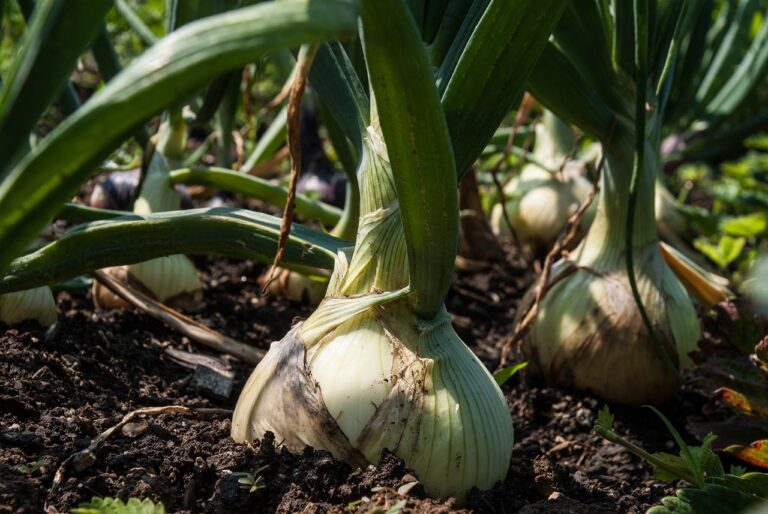How Farmer Cooperatives are Enhancing Market Access: Betbhai99, Radhe exchange download apk, 99 exchange login
betbhai99, radhe exchange download apk, 99 exchange login: Farming is a vital industry that plays a crucial role in providing food and resources for the global population. However, many small-scale farmers face challenges in accessing markets to sell their products. This is where farmer cooperatives come into play, offering a solution to enhance market access for farmers.
By joining together as a cooperative, farmers can pool their resources, share knowledge, and collectively market their products. This enables them to access larger markets, negotiate better prices, and compete with larger agricultural corporations. In this article, we will explore how farmer cooperatives are enhancing market access for farmers and the benefits they bring to the agricultural industry.
The Power of Collaboration
One of the key benefits of farmer cooperatives is the power of collaboration. By working together, farmers can leverage their collective strength to access markets that would otherwise be out of reach for individual farmers. Cooperatives can negotiate better prices with buyers, reduce transportation costs by consolidating shipments, and access valuable market information to make informed decisions.
Furthermore, by pooling their resources, farmers can invest in infrastructure and technology that would be too costly for individual farmers. This includes storage facilities, processing equipment, and transportation logistics. By sharing these resources, cooperatives can increase their efficiency, reduce waste, and improve the quality of their products.
Market Diversification
Another advantage of farmer cooperatives is market diversification. By joining forces, farmers can access a wider range of markets and customers. This reduces their dependence on a single market or buyer, spreading their risk and ensuring a more stable income. Cooperatives can also explore new markets, both domestically and internationally, opening up new opportunities for farmers to sell their products.
Moreover, cooperatives can collaborate with other businesses and organizations to develop new products and value-added services. This can include organic certification, fair trade labeling, and product branding. By adding value to their products, farmers can differentiate themselves in the market and attract high-value customers willing to pay a premium for quality products.
Knowledge Sharing and Capacity Building
In addition to market access, farmer cooperatives offer opportunities for knowledge sharing and capacity building. By working together, farmers can learn from each other’s experiences, share best practices, and access training and education programs. This can improve their farming practices, increase their productivity, and enhance the quality of their products.
Cooperatives can also provide access to financial services, such as credit, insurance, and savings programs. This can help farmers invest in their businesses, weather financial shocks, and plan for the future. By building their financial capacity, farmers can improve their resilience and sustainability, ensuring a stable income for themselves and their families.
Policy Advocacy and Collective Voice
Furthermore, farmer cooperatives play a critical role in advocating for policies that support small-scale farmers and rural communities. By joining forces, farmers can amplify their voices and influence decision-makers at the local, national, and international levels. Cooperatives can advocate for fair trade practices, environmental sustainability, and social responsibility in the agricultural sector.
Cooperatives can also provide a platform for farmers to engage in policy discussions, share their concerns, and develop solutions to common challenges. By working together, farmers can create a united front that is more powerful and effective in driving change. This collective voice can lead to policy reforms that benefit small-scale farmers, improve market access, and promote sustainable agriculture.
Conclusion
In conclusion, farmer cooperatives play a vital role in enhancing market access for small-scale farmers. By collaborating, diversifying markets, sharing knowledge, and advocating for policies that support their interests, cooperatives empower farmers to access larger markets, negotiate better prices, and compete with larger agricultural corporations. This not only benefits farmers but also strengthens the agricultural industry as a whole, promoting sustainability, resilience, and social equity.
FAQs
Q: What is a farmer cooperative?
A: A farmer cooperative is a business owned and operated by farmers who join together to market their products, share resources, and advocate for their interests.
Q: How does a farmer cooperative enhance market access?
A: A farmer cooperative enhances market access by pooling resources, sharing knowledge, diversifying markets, and advocating for policies that support small-scale farmers.
Q: What are the benefits of joining a farmer cooperative?
A: The benefits of joining a farmer cooperative include access to larger markets, better prices, shared resources, knowledge sharing, financial services, and policy advocacy.
Q: How can farmers start a cooperative?
A: Farmers can start a cooperative by forming a legal entity, defining their goals and structure, securing funding and resources, recruiting members, and developing a business plan.
Q: Are farmer cooperatives sustainable?
A: Farmer cooperatives are sustainable business models that promote social, economic, and environmental sustainability in the agricultural sector.







